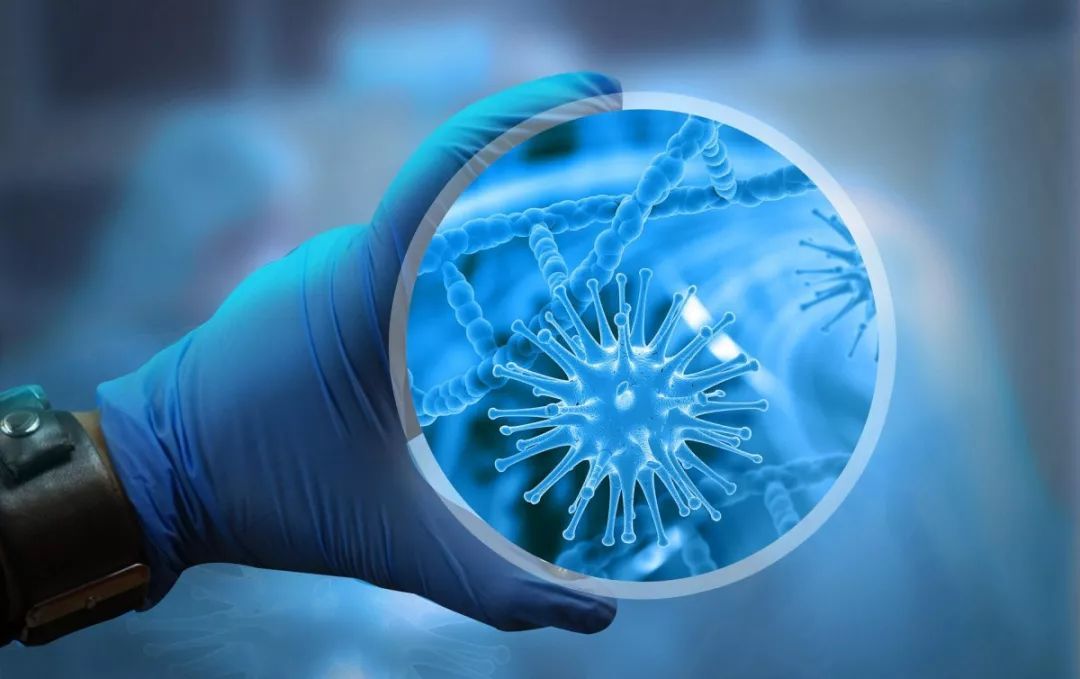您当前的位置: 新闻中心 > 公司新闻
搜索
- 2024-11-12A strong and well-documented risk assessment process is critical for gaining NMPA approval, ensuring the safety of patients, and maintaining regulatory compliance. For manufacturers, it not only demonstrates due diligence but also facilitates smooth regulatory approval and fosters trust in the device’s safety and performance.Contact Us:
- The NMPA registration process for Class III medical devices in China is a comprehensive and rigorous process designed to ensure the safety and efficacy of high-risk devices. It involves detailed documentation preparation, performance and clinical testing, compliance with quality standards, and post-market monitoring. Manufacturers, especially foreign ones, should work closely with Authorized Representatives in China to navigate the registration process and ensure full regulatory compliance.
- The NMPA registration process for Class II medical devices involves a series of steps to ensure the device meets China's regulatory requirements for safety, effectiveness, and quality. The key stages include documentation preparation, submission of technical data, and review by the NMPA. Having an Authorized Representative in China is crucial for navigating the process successfully and ensuring ongoing compliance.
- The role of the Authorized Representative after NMPA registration of a medical device in China is multifaceted, covering everything from communication with the NMPA and compliance with regulations to assisting with distribution, post-market surveillance, and product renewals. This local representative is critical in ensuring smooth market access and ongoing regulatory compliance for foreign manufacturers operating in China.
- For renewal, the NMPA requires updated documentation to ensure the device continues to meet regulatory and safety standards. This process may include submitting post-market surveillance data, clinical trial results (if applicable), and any updates to the device’s design, labeling, or intended use. If significant changes have occurred, the NMPA may require a new registration process.
- For a successful NMPA registration process, manufacturers should work closely with regulatory consultants or local agents who are familiar with the NMPA's requirements, particularly for higher-risk devices in Class II and III.
- Successfully applying for NMPA certification requires thorough preparation and a clear understanding of the regulatory landscape. By following these steps and ensuring that all documentation is complete and accurate, manufacturers can enhance their chances of a smooth application process.
- Overall, NMPA certification acts as a critical mechanism for ensuring that medical products in China are safe and effective, ultimately enhancing consumer confidence and protecting public health.
.png)









